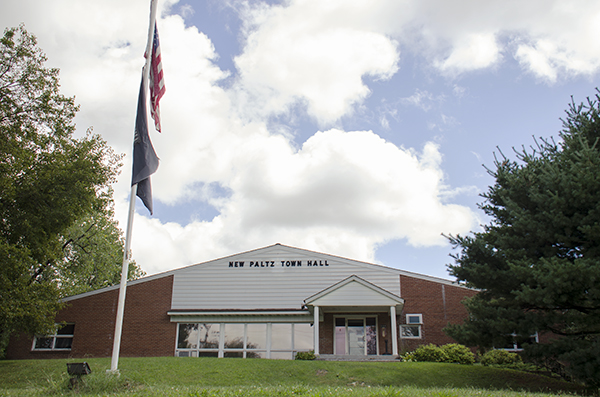
After passing new legislation, the separate governments that run the town and the village of New Paltz may consolidate if New Paltz citizens vote in favor, Susan Zimet, the New Paltz town supervisor said.
The issue of consolidation, which has been pending for years, has recently been brought back into the light after Gov. Andrew Cuomo sent out a monetary incentive to reduce the amount of local governments in New York State. The incentive proposes that $1 million a year would be given to the government of New Paltz, 70 percent of which must go directly to lowering the property tax levy. The remaining incentive would be used for upgrades or grants.
Since state government laws prohibit dissolving a town, the consolidation process can only begin after village boundaries have been extended to the town boundaries so the two match.
Choosing a co-terminus government has several perks, the most direct being the monetary incentive New Paltz would receive if they chose to consolidate. The significant decrease in property taxes would not only help the residents of New Paltz, but New Paltz itself, Zimet said.
“People are looking for escape routes out of New Paltz because the taxes on homes have made it so unsustainable,” Zimet said. “People can’t afford their houses or taxes so the need for the two governments to come together is probably the most important thing right now.”
Additionally, the consolidation of the two governements would make for a less confusing chain of command, she said. New Paltz students are directly affected by this gray area because the school is located in the village of New Paltz, yet the police department is controlled by the town. This makes for a lack of communication and resentment between the town and the village residents because the line of responsibility is somewhat blurred and people are unsure of what duties they are supposed to take on. Under one government, this would not be a problem, the town supervisor said.
“The government is for the citizens, and they’re having a hard time figuring out who does what right now,” Dr. Gerald Benjamin, associate vice president for regional engagement and professor of political science, said. “When there are different officials, it’s confusing. People don’t know who to go to for what and they tend to say ‘this is too complicated’ and they stop paying attention.”
Although some believe this consolidation is seemingly without faults, some citizens of New Paltz are still hesitant to vote on the legislation.
“Changes aren’t for people who know what they’ve got,” Benjamin said. “In the community, people know how they feel about their community and they’re reluctant to change things. They think it will diminish the quality of their community life.”
However, Zimet said this is a change that cannot and should not wait any longer.
“The economy is such now that we don’t have the luxury to talk anymore. It’s wonderful that the community is taking it seriously now…this is the right way to go, we can’t afford to do anything else,” Zimet said. “If we don’t take some kind of step, things are just going to get worse. This legislation gives the citizens of New Paltz a chance to redefine who we are and how we treat our residents.”

